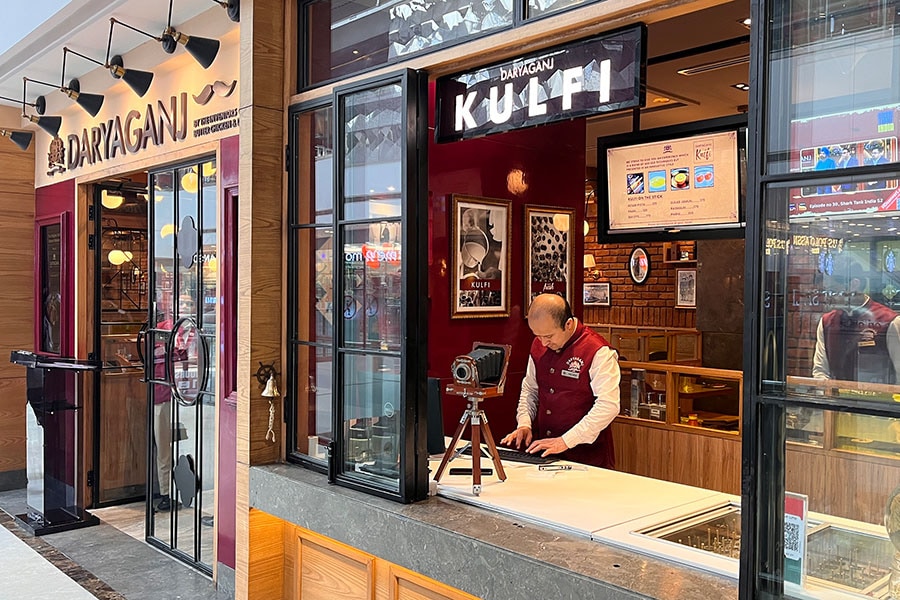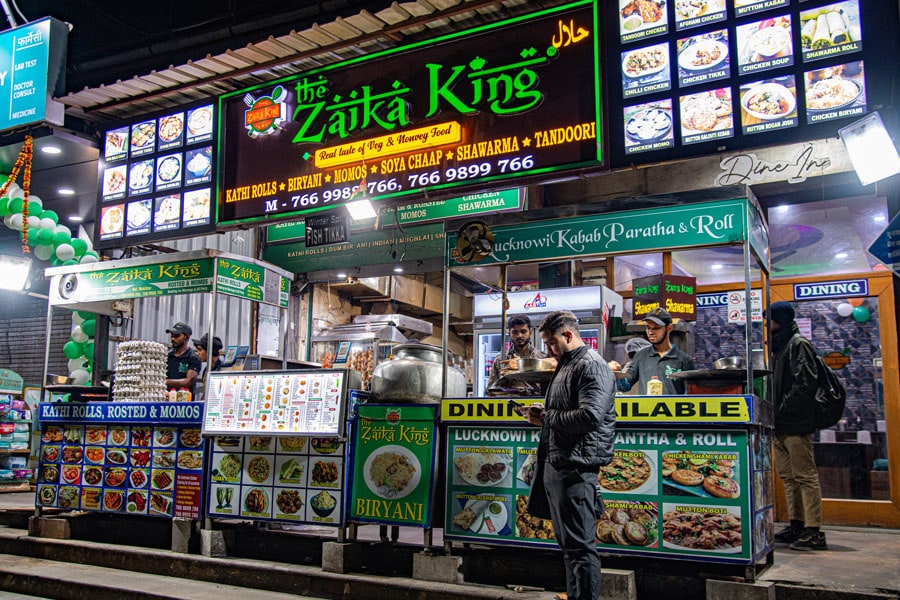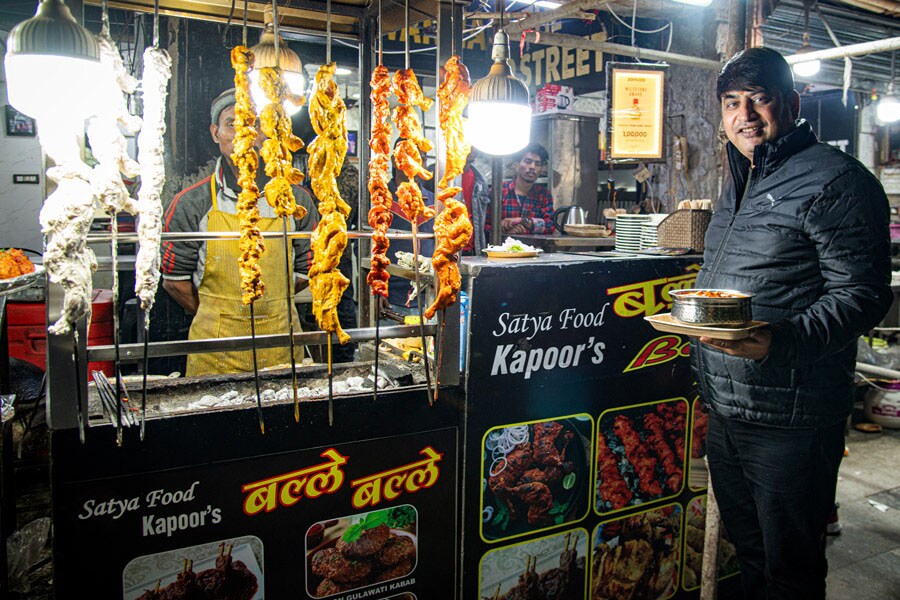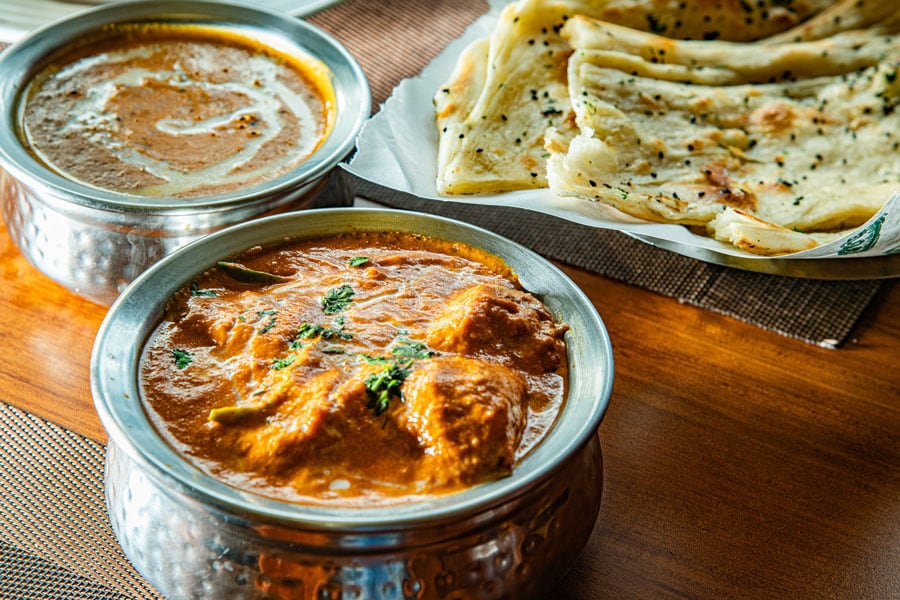
Bone of contention: Utterly butterly useless fight
The bitter dispute between Moti Mahal and Daryaganj over being the 'inventors' of murg makhani aka butter chicken and dal makhani is nothing but laying claim to a common and shared legacy
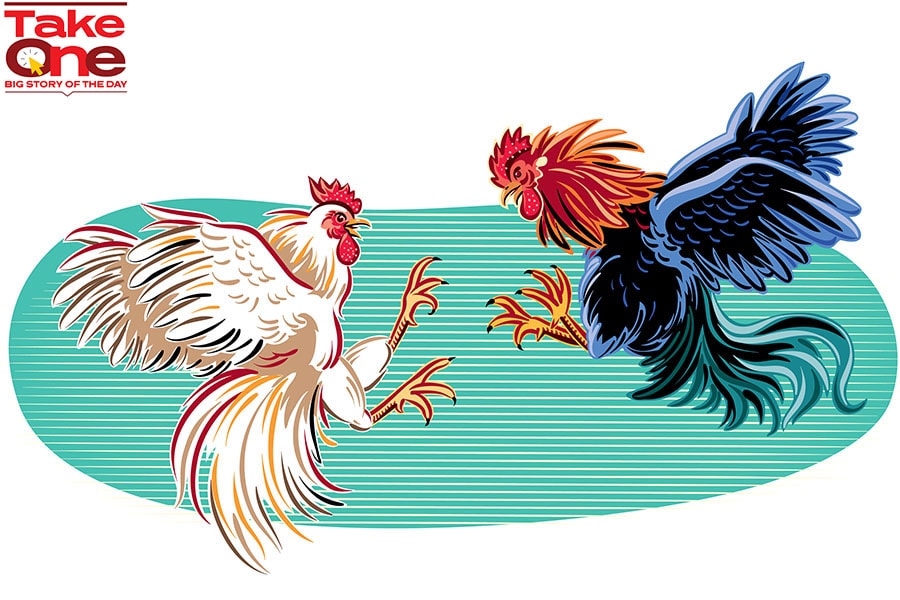 Moti Mahal and Daryaganj, the rival restaurant brands are fighting to ascertain who can flaunt the tag of being the ‘inventors’ of butter chicken and dal makhani.
Image: Shutterstock
Moti Mahal and Daryaganj, the rival restaurant brands are fighting to ascertain who can flaunt the tag of being the ‘inventors’ of butter chicken and dal makhani.
Image: Shutterstock
All fights have three things in common. First comes contesting claims by the warring factions. Second is the damage, which is inevitable. And the third is the clear outcome: One jubilant winner and a sore loser. However, there are honourable exceptions, especially when the rivals don’t happen to be spring chickens, and the fight is not for the name or land but for pride. That’s exactly the case with Moti Mahal and Daryaganj, where the rival restaurant brands are fighting to ascertain who can flaunt the tag of being the ‘inventors’ of butter chicken and dal makhani.
What, though, makes the squabble interesting is a barrage of uncanny similarities between both the brands. The biggest is the first name of their respective founders or ancestors. While Moti Mahal was founded by Kundan Lal Gujral, along with two partners, in 1947, Daryaganj is a tribute to Kundan Lal Jaggi, whose grandson Raghav co-founded Daryaganj along with restaurateur Amit Bagga in 2019. The second similarity lies in the roots of Gujral and Jaggi. The descendants and the present owners of both the brands claim that both were original inhabitants of Peshawar.
The third common element is that both worked at a restaurant in Peshawar, which was owned by Mokha Singh. The fourth commonality lies in the fact that Gujral and Jaggi came to India as Partition refugees and started Moti Mahal at Daryaganj in 1947. “In the early 90s, Jaggi ended his ties with Moti Mahal, and, in 2019, we started Daryaganj as a tribute to him,” says Bagga, who, since inception, has been using the tagline ‘by the inventors of butter chicken and dal makhani’ with Daryaganj.
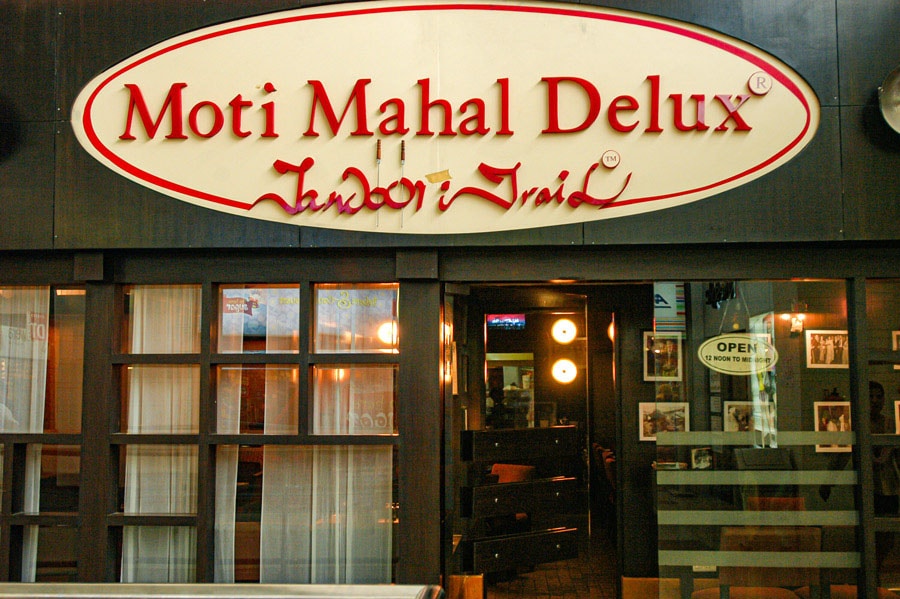 Moti Mahal—which is now run by the founder’s grandson Monish Gujral
Moti Mahal—which is now run by the founder’s grandson Monish Gujral
Moti Mahal—which is now run by the founder’s grandson Monish Gujral—has now filed a trademark violation suit against Daryaganj. Gujral, for his part, claims that his grandfather was the inventor of butter chicken and dal makhani. Stating that the matter is sub-judice, both Gujral and Bagga declined to comment on the dispute.




